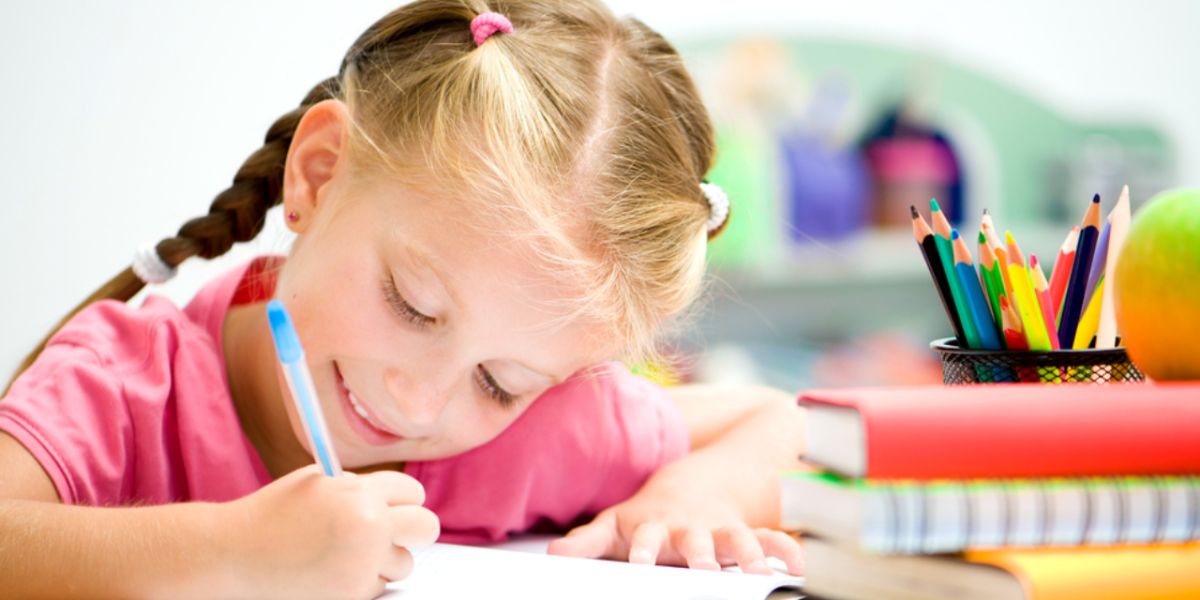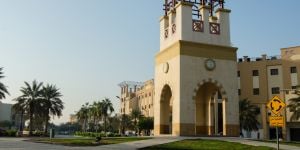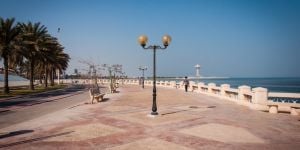
If you are coming to Saudi Arabia with children and plan to work full-time, you may want to look into getting some help. Childcare services are available in all major cities in the country, and there are also options for hiring private help.
Nurseries and childcare in Saudi Arabia
Children in Saudi Arabia typically go to nursery school from the age of three to five. If you need help with your child at an earlier age or want to keep them at home for longer, you can opt for hiring a nanny. A lot of nannies in Saudi Arabia come from the Philippines and, increasingly, African countries. In this case, you will need to act as a sponsor for their residence permit. While this is not particularly expensive, it typically requires quite a bit of paperwork.
Doctors and vaccines in Saudi Arabia
Babies in Saudi Arabia are vaccinated right after birth. If you are giving birth here, note that your child will receive their shots in the first few days. All the next shots are typically administered at two and four months.
The full list of vaccines includes:
- Inactivated polio vaccine (IPV);
- Diphtheria-Tetanus-Pertussis vaccine (DTaP);
- Hepatitis B vaccine;
- Haemophilus influenzae type B vaccine;
- Pneumococcal Conjugate Vaccine;
- And rotavirus vaccine.
Preschools in Saudi Arabia
Kindergartens and preschools are available (but not compulsory) for children between the ages of three and five. At this stage, the education process is generally focused on sensory development, social and collaboration skills.
Note that a lot of public and private preschools use Arabic as the primary language of instruction and also include Islamic education in their curriculum. Moreover, classes are generally taught only by women.
Costs for preschool education can range from SAR 12,000 to SAR 70,000 per year.
Primary schools in Saudi Arabia
Children aged from six to twelve years of age attend primary schools. In fact, six years of primary school are compulsory for all children in Saudi Arabia, while higher levels of education aren't.
Public primary schools in the country are free. While some of these schools will accept expat children, the language of instruction is Arabic, and there is a strong emphasis on Islamic studies, which some expat parents may find uncomfortable. Moreover, the method of instruction in public primary schools is generally focused on memorization and repetition. All of the above, as well as the general difficulty of matching local educational credits with the education system back home, generally make foreign parents reluctant to enroll their children in public primary schools.
Private schools offer an excellent alternative to public institutions. There is a wide selection of private schools in Saudi Arabia, including those adhering to specific teaching methods like the International Baccalaureate, Montessori and others.
While private schools are generally much more suitable for expats compared to public primary schools, the cost of education is a factor to consider. Tuition in private primary schools can go up to over SAR 100,000 per year.
It is also possible to homeschool your children, as this is recognized in Saudi Arabia. This is a personal choice and will depend on whether you have access to enough resources to do so. Keep in mind that there are many resources online.
We do our best to provide accurate and up to date information. However, if you have noticed any inaccuracies in this article, please let us know in the comments section below.








